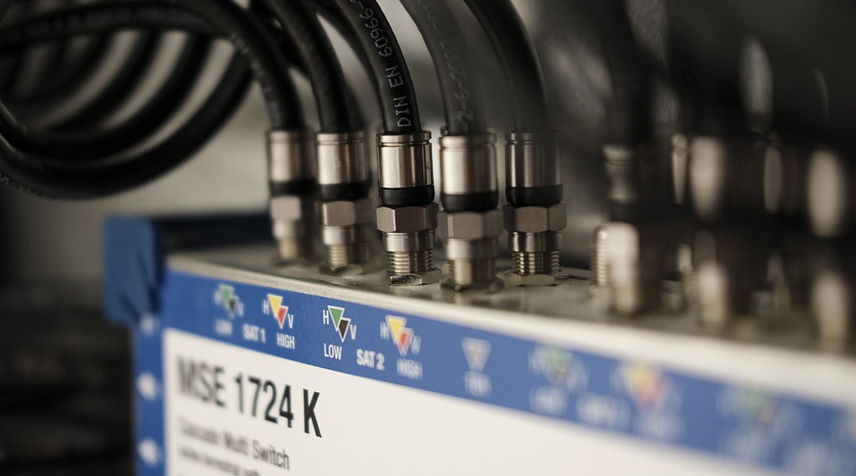A Deeper Look at Common Issues
The 2005 Ford Freestyle, while a charming and unique compact SUV, has been known for some transmission-related woes over the years. This article delves into some of the most common problems owners have reported with these vehicles’ transmissions, shedding light on potential issues and offering solutions to keep your Freestyle running smoothly.
Whether you’re considering a purchase or already owning one, understanding potential transmission issues is essential. This guide will provide insights into common 05 Ford Freestyle transmission problems, helping you identify potential red flags and make informed decisions about maintenance and repairs.
1. Shifting Problems: The Frequent Complaint
One of the most frequently reported complaints regarding the 05 Freestyle’s transmissions is inconsistent shifting behavior. Many owners have mentioned difficulties with smooth gear changes, particularly when accelerating from a standstill or merging onto highways. The transmission may hesitate, struggle to find the correct gear, and even jerk during these transitions.
While some variations in shifting can be normal depending on driving conditions, significant inconsistencies that significantly impact performance should not be ignored. If you experience frequent, jerky shifts, it’s recommended to consult a mechanic for further diagnosis.
However, don’t worry; this issue often stems from simple things like dirty or worn-out transmission fluid and a faulty sensor. A simple flush might solve the problem. It is crucial that the correct type of fluid (specifically DEXRON-6) be used to prevent further damage.
2. Hard Shifting: A Sign of Trouble
Hard shifting, also known as “grinding” or “clunking” during gear changes, can indicate a more serious issue with the transmission itself. If you hear a clunk or a grinding sound when shifting from one gear to another, it’s a clear indication that the transmission is struggling. This could be caused by worn-out clutches, damaged synchronizers, or even a failure of the valve body which controls the fluid flow.
This issue can significantly impact fuel efficiency and overall driveability. If left unchecked, it might worsen over time, leading to costly repairs. Regular transmission maintenance is vital to prevent this from occurring.
Addressing hard shifting requires professional expertise. A mechanic will diagnose the root cause of the problem and recommend appropriate repair options. This could involve replacing worn-out parts like clutches or synchronizers, or even a complete rebuild if needed.
3. Rough Idle: Is It Normal?
While some light roughness during idle is expected in most automatic transmissions, excessive vibrations at the engine’s base can be a sign of trouble. If your Freestyle’s transmission seems to shudder or vibrate excessively when idling, it could indicate an issue with a torque converter or internal components.
This problem may worsen quickly over time, affecting not only the initial acceleration but also potentially leading to a complete loss of power. It’s crucial to address these issues promptly as they can hinder the vehicle’s performance and increase wear on other engine parts.
Checking your transmission fluid level and ensuring it’s at the correct level might help alleviate some rough idle and shifting problems. However, if the roughness persists despite maintenance, a mechanic needs to take a closer look. They could identify issues like worn-out seals or faulty sensors that affect the transmission’s operation.
4. Delayed Shifts: When Does It Need Attention?
Delayed shifts can happen when the transmission is working hard. For example, during sudden acceleration on highways or steep inclines. A delay in shifting could also occur due to a faulty valve body or solenoid, which disrupts the normal flow of fluid and causes inaccurate gear selection.
While some delays are expected as the transmission adapts to changing conditions, significant delays that significantly hinder acceleration can be problematic. It’s essential to address them promptly to ensure smooth and efficient driving. If you notice delayed shifting frequently, consult a mechanic to diagnose the root cause and recommend suitable solutions.
A mechanic performing a diagnostic check will identify any underlying issues like faulty solenoids or worn-out clutches, which could be contributing to the problem. They can also suggest preventative maintenance measures like fluid flushes and filter replacements to avoid further transmission damage.
5. Transmission Codes: A Digital Clue
Modern vehicles often come equipped with a system that monitors various engine functions, including the transmission. These systems generate diagnostic codes when an issue is detected. This information can be invaluable for diagnosing transmission-related problems. The code may indicate a specific problem such as a faulty sensor or solenoid.
This technology can save you time and money by identifying the cause of problems before they escalate into costly repairs. However, remember that interpreting these codes requires knowledge and understanding of the vehicle’s technical specifications. A mechanic might be able to interpret the code and recommend the necessary course of action.
6. Addressing Transmission Issues: DIY vs. Professional
While some basic maintenance tasks like checking the transmission fluid level or replacing cabin air filters can be done by owners, more complex issues require professional expertise. If you suspect a transmission problem, it’s best to consult a mechanic for a Diagnosis and repair.
Professional mechanics have specialized tools and equipment to diagnose and repair transmission problems accurately. They also have extensive experience in working with this type of vehicle. Their expertise allows them to make informed decisions about the necessary repairs, ensuring optimal performance and longevity.
7. Preventive Maintenance: Keeping Your Transmission Healthy
Regular maintenance is essential for preventing transmission problems from arising. It’s crucial to stick to the recommended service schedule outlined in your owner’s manual. This will help keep your transmission running smoothly and efficiently for years to come.
A typical service involves changing the transmission fluid every 30,000 miles or according to the manufacturer’s recommendations. It also includes replacing filters and inspecting other critical components like the torque converter and valve body. These preventive measures help keep your Freestyle running smoothly and minimize the risk of costly repairs in the future.
8. The Importance of Documentation
Keeping a detailed record of maintenance, repair history, and any relevant problems can be invaluable for both you and your mechanic. This documentation provides valuable insights into the vehicle’s past performance and helps identify potential issues early on. It also allows mechanics to understand the vehicle’s specific needs and make informed decisions when providing repairs or service.
In case of future problems, this documentation acts as a safety net, ensuring prompt diagnosis and efficient repair processes. It helps you track your maintenance history, which is crucial for insurance claims in case of unforeseen issues.
## Conclusion: Keep Your Freestyle on the Road The 05 Ford Freestyle offers a unique driving experience. However, like all vehicles, it’s essential to be aware of potential transmission problems and address them proactively. By understanding these common issues, you can ensure your Freestyle remains in top condition for years to come. Regular maintenance, including fluid changes and filter replacements, is crucial to prevent future problems. Remember to consult a trusted mechanic if you notice any unusual shifting patterns or other concerns. Proactive maintenance will help keep your 05 Ford Freestyle running smoothly, ensuring enjoyable and reliable driving experiences.


